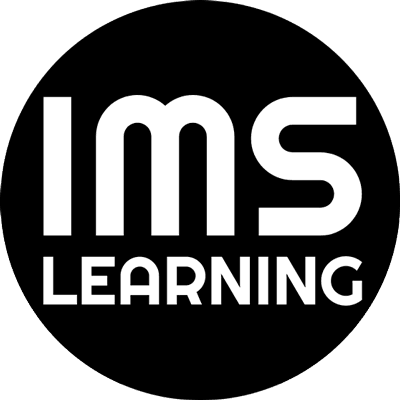“Enriching mathematics and science learning through an interdisciplinary approach”
This ARC Discovery Project, Interdisciplinary Mathematics and Science (IMS), is a response to a widely recognised need for significant innovation in primary school mathematics and science learning. Despite decades of curriculum reform, a growing number of students fail to acquire the essential quantitative and scientific skills required for work and life, and increasingly students do not engage with post compulsory pathways in these subjects. IMS aims to address these problems by researching the development of an inter-disciplinary pedagogical approach and curriculum framework where primary school students generate and evaluate representations and models to support key foundational learning in the STEM disciplines of mathematics and science. Our inter-disciplinary approach focuses on students creating, organising and analysing representations of visual and numerical data. These processes align with how scientists and mathematicians reason through using material tools and representational systems to build knowledge in each discipline. Through a guided inquiry pedagogy, students in our study explore topics that entail dynamic systems, such as ecology and astronomy, where data generation, modeling, and claim-making can draw meaningfully on methods, processes and concepts from each discipline. Both disciplines provide potential representational entry points to deeper learning. For example, students construct and analyse patterns in ecosystem function and organisation to develop the mathematics of data variability, chance, and measure. This in turn raises questions and deepens science understandings. Key outcomes of the project, to date, are described under the ‘Findings’ tab.
The project aims to:
- Develop an inter-disciplinary framework, focused on the creation and evaluation of representational systems, to guide students’ foundational learning in science and mathematics.
- Design, implement and evaluate a longitudinal intervention for primary students using this framework.
- Develop constructs to characterise and assess students’ developing understanding and dispositions over the course of the study
- Identify strategies that support teacher professional learning relevant to this approach
- Review and inform current Australian curricular policy and practice in mathematics and science.
The interdisciplinary framework has two main components. The first involves the strategic design of tasks that link mathematics and science, in different topics for each subject. This inevitably involves judgments about curriculum fit, and level of knowledge and practice of the students, such that the two subjects talk to each other in fresh and productive ways. The second component is the pedagogy through which students are guided through a cycle of representation construction, evaluation and refinement, aligned with the scientific and mathematical disciplinary practices. While the approach reflects principles developed in previous research, designing details of pedagogical practice for the different sequences involves close collaboration with teachers.
